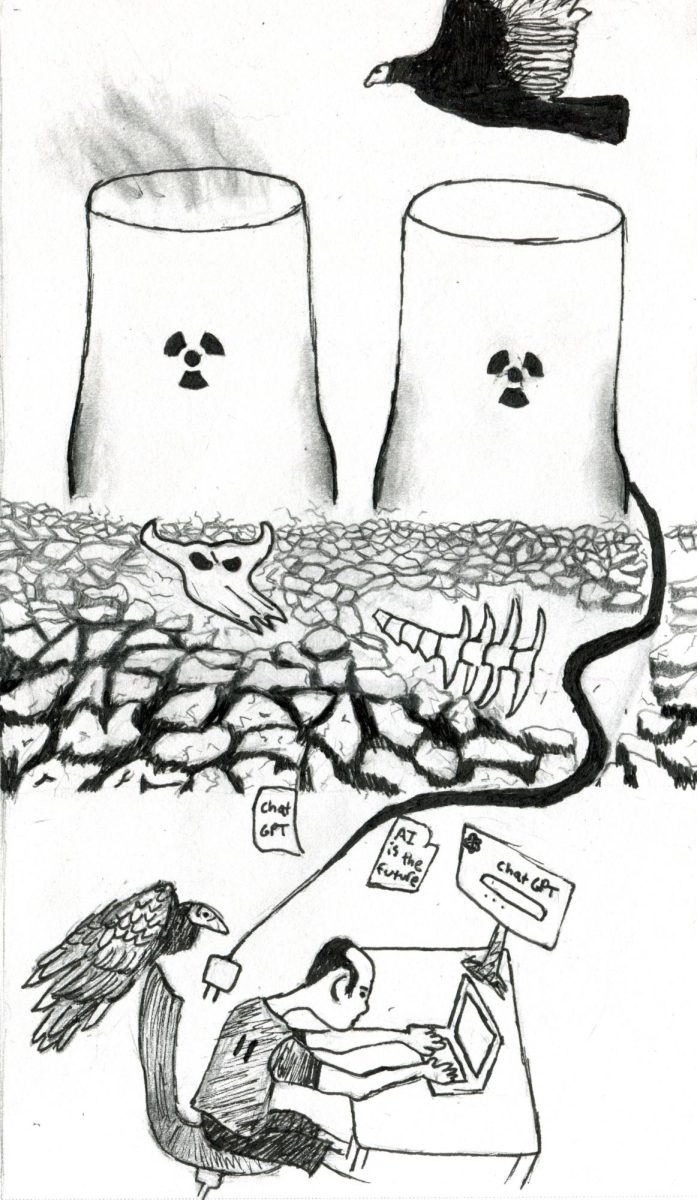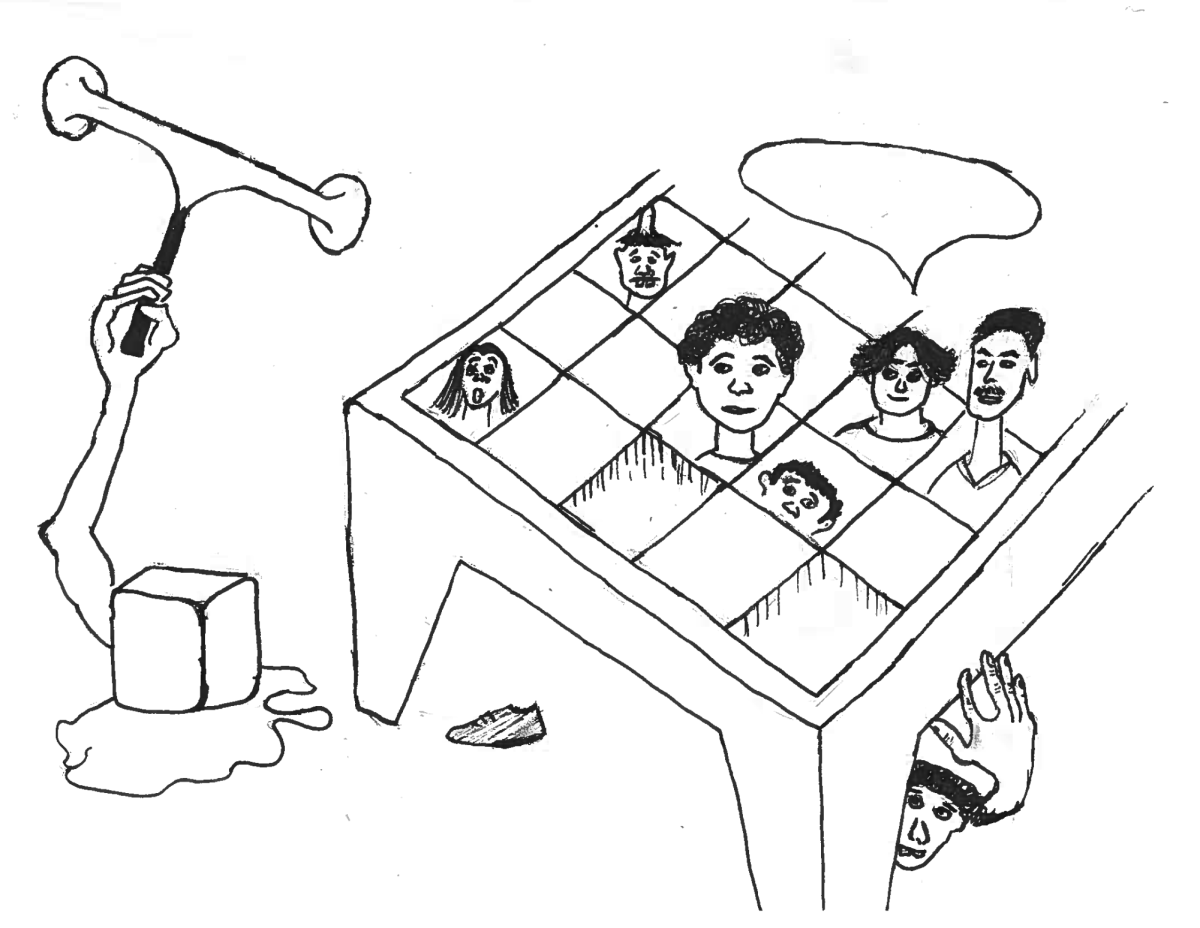True crime isn’t morbid, it’s human
by Bell Velez
There’s something about true crime that pulls people in, but not in a creepy “I love murder” kind of way. More like, “how did this even happen, and why can’t I stop watching it?”
Whether it’s a documentary, a podcast, or one of those “based-on-a-true-story” Netflix series, true crime has this strange power over people. And honestly? It’s understandable. Some creators definitely cross the line between storytelling and sensationalizing, but the entire genre doesn’t deserve to be blamed. When done right, true crime isn’t about glorifying violence—it’s about understanding it.
I know it’s easy to call the genre “morbid” or “exploitative,” and sometimes it can be. I think there’s a reason why so many of us are drawn to it – specifically, women. True crime teaches people, especially young women, to be alert and notice red flags. It simulates that uneasy feeling while promoting trusting your instincts. It builds safer habits: you start making sure doors are locked, sharing your location, and trusting your gut more because you see what happens if people don’t. It’s not paranoia, more so preparation. We want to know what went wrong and the warning signs that we might notice in the future.
It’s not about the gore or the sensational headlines; it’s about trying to understand and imagine what you would do in an unthinkable situation, emphasizing more about awareness. I mean, how many times have you heard a story and thought, “That could’ve been me?” That’s a part of it. Beyond safety, there’s something deeply human about trying to understand evil, tragedy, justice, or all three. These stories force us to reflect on morality, empathy, and how thin the line is between normal life and chaos.
When you watch a true crime documentary, you’re not just watching someone’s downfall; you’re watching how a community reacts, how the justice system responds, and how one event can ripple through the lives of so many. It’s raw and real, in a way most movie genres can’t touch. People love to blame the obsession of true crime fans, but it isn’t that simple. When you sit down to watch these films, you’re not rooting for the killer; you’re searching for closure for the victim. We want to see the hammer of justice in action when real life doesn’t always deliver it. On occasion, hearing these stories gives victims a voice that was taken from them, which is truly powerful.
Plus, deep down, we can all admit that part of it is simply fascinating. Humans have this natural urge to solve puzzles, find answers, and understand motives; it’s the same instinct that makes people binge detective shows like “Law & Order.” True crime is real. That’s exactly why it hits so much harder when watching it. So no, watching true crime doesn’t make someone weird or “morbid,” it instead defines them as curious and makes them human. As long as you respect the stories and the people behind them, there’s no harm in wanting a deeper understanding of the world, even the scariest parts.
At the end of the day, true crime isn’t just about murder and mayhem; it’s about survival, awareness, and empathy. True crime isn’t glorifying tragedy; it’s about learning from it. If watching a documentary or podcast makes someone more thoughtful, cautious, and aware, I’d say that’s a win.
The dangerous truth about true crime
by Carolyn Sendaydiego
Offensive, dehumanizing, desensitizing, and just plain rude–all ways to describe the true crime phenomenon. And trust me, I get why it’s blown up: true crime is interesting. It keeps you entertained and on the edge of your seat. I’m sure it leaves you anxious and fuels the part of you that believes this will somehow make you more educated or aware. However, the issues outweigh the enjoyment of true crime, and that’s the truth.
As a girl, I understand the love for a good talk show or something to listen to when relaxing; however, the go-to should not be a true crime podcast. Trust me, these stories aren’t preparing you to handle scary situations. As interesting as true crime is, desensitizing yourself to trauma is not healthy.
True crime is becoming a mass consumption product that often can lead to problems of anxiety or intense fear for no real reason. By overexposing yourself to violence and tragedy, you damage your own ability to process emotions. When you see so much of the bad, it can start to feel normal. This can make it harder to sympathize with people’s very real grief. Diminishing your empathy can also lead to more violent tendencies since it normalizes violence and pain in your head.
Not to take it too far, but normalizing violence can lead to a future belief that violence is just a regular part of life and increase risk of future psychological issues, including criminal behavior.
Additionally, branding the most traumatizing and terrible events of people’s lives as content is dehumanizing. Rehashing the tragedies with the public can retraumatize victims. Limiting a person’s identity to a headline and reducing them down to a victim leaves no room for building each other up. True crime is grounds for tearing a person down to the worst time of their life, as cheap entertainment cannot be justified.
Unfortunately, confidential or private information is also spread through true crime, often without the permission of victims or those involved in the stories. It starts to sound like a little fantasy story that warns about what could happen. In reality, these are the real tragedies that have happened to people and we are taking away their privacy. This can even put people at risk by releasing sensitive information to the public, including pictures, locations, and names.
Sometimes the information being spread isn’t even completely accurate. Due to goals of increased viewership, content is emotionally charged and over the top. This approach is straight-up disrespectful to people who have gone through these tragedies.
Another problem is that villains are sometimes glorified. Casting the killers or perpetrators as attractive actors just to increase entertainment value skews the point of the story.
No matter how much good sharing a story can do, true crime hurts more than it helps. When done right, true crime can make a positive impact, but it’s not done right enough of the time. At the end of the day, true crime stories are just another industry driven by goals of profit. Ultimately, no person’s trauma is worth your $19.99 subscription.






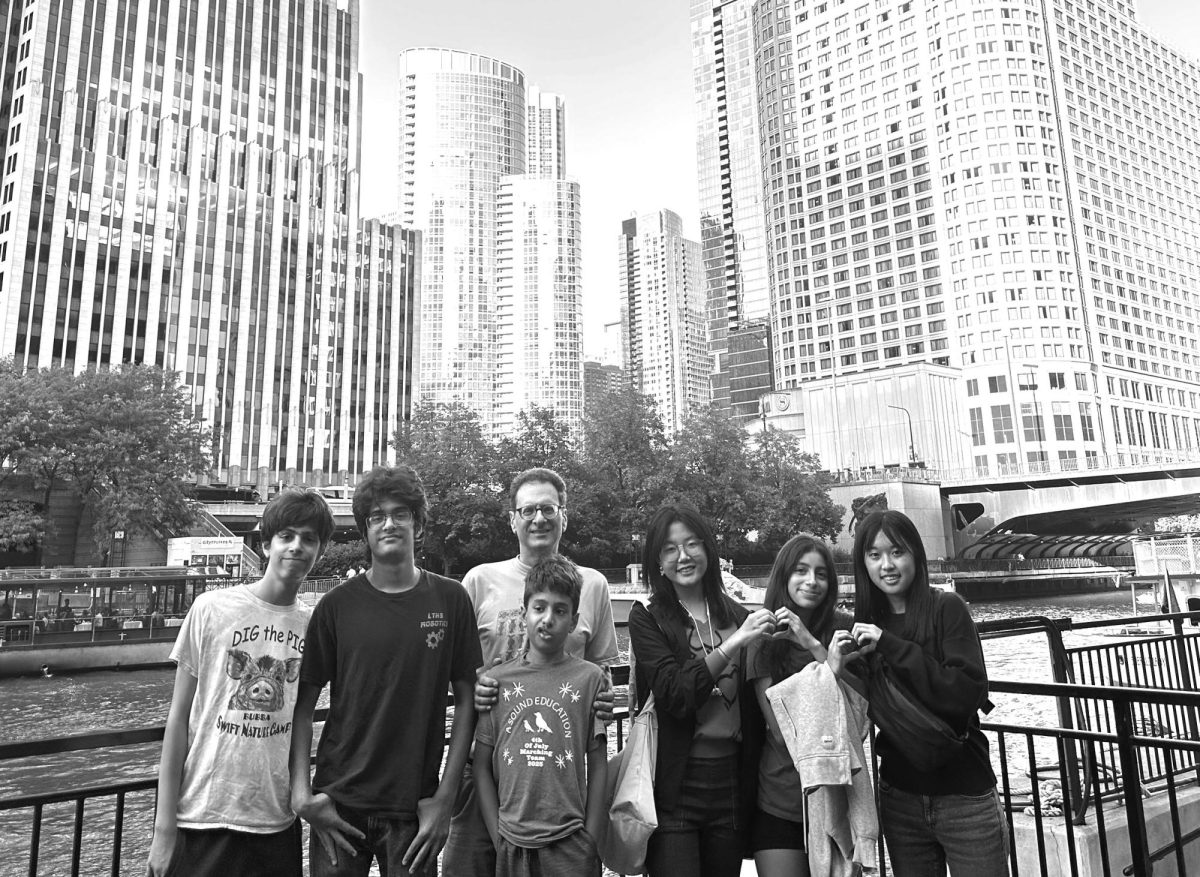
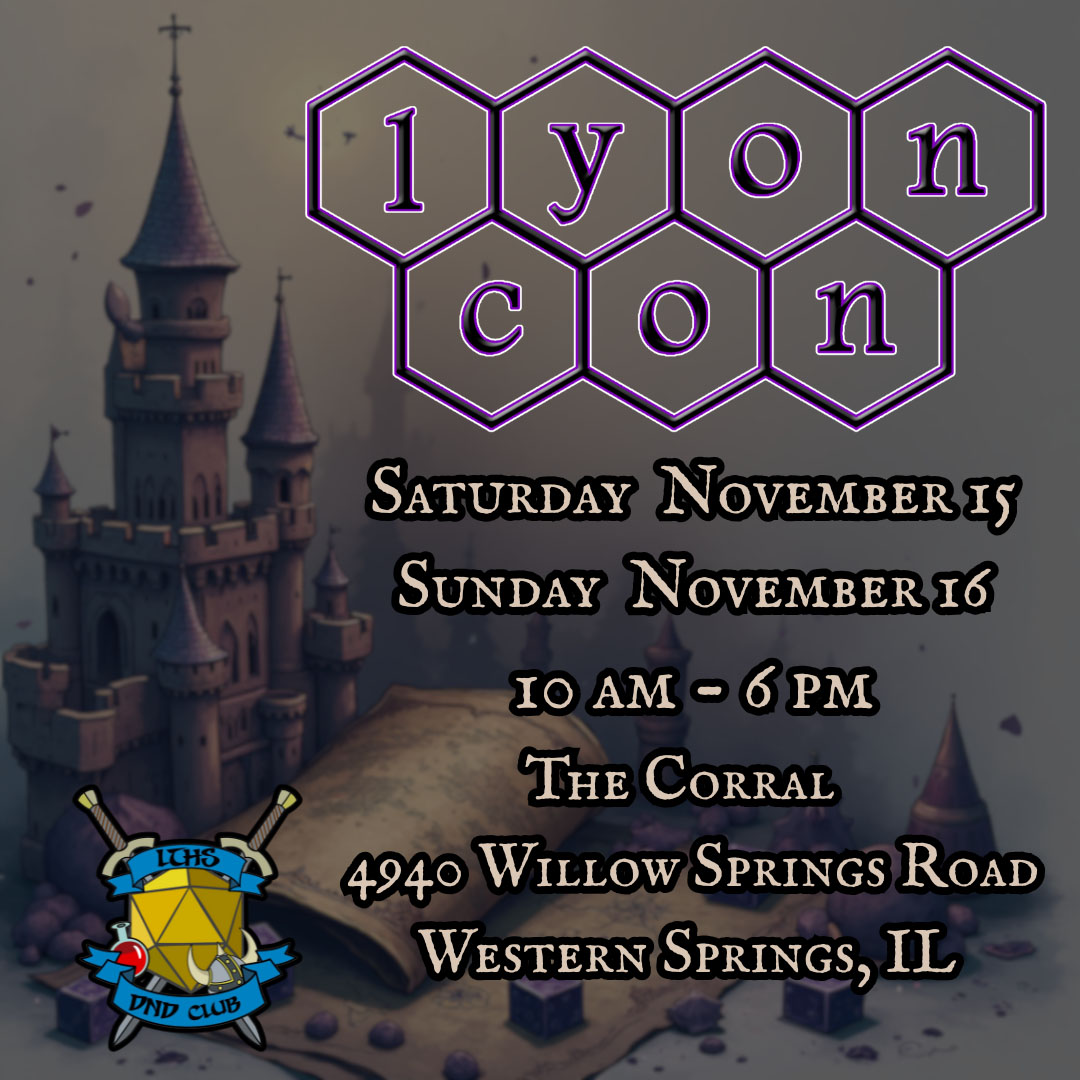
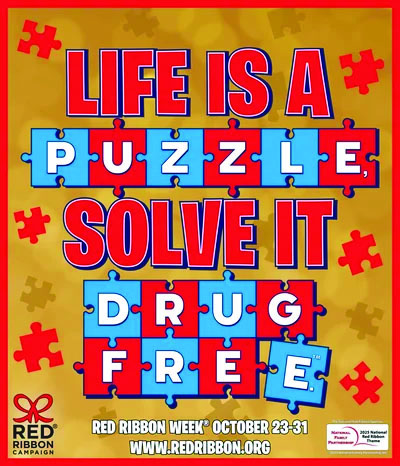
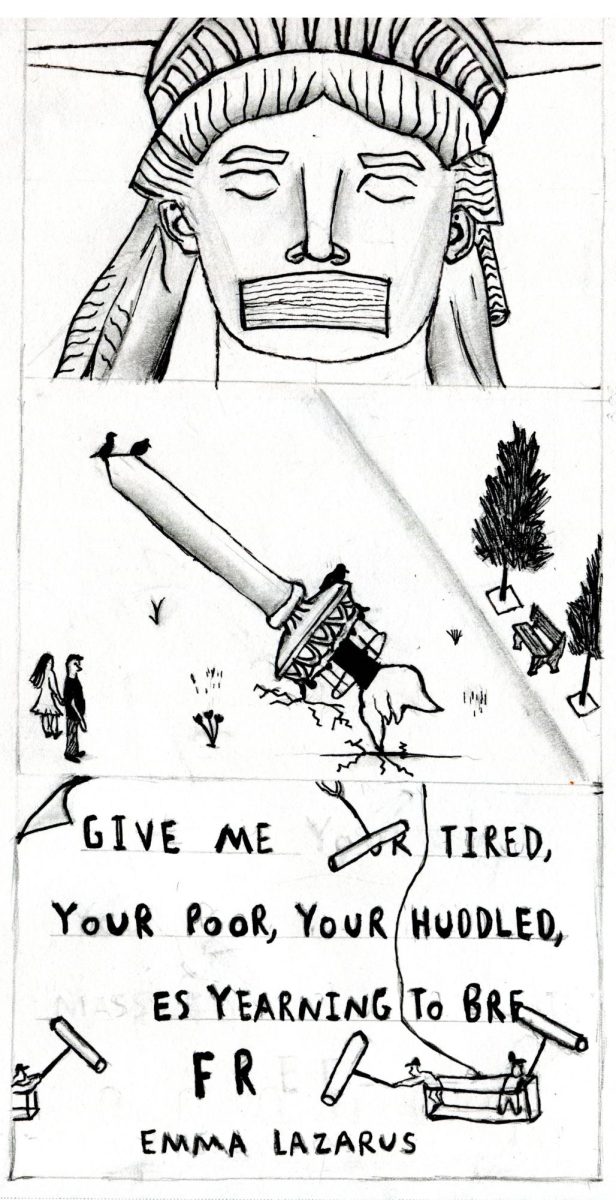
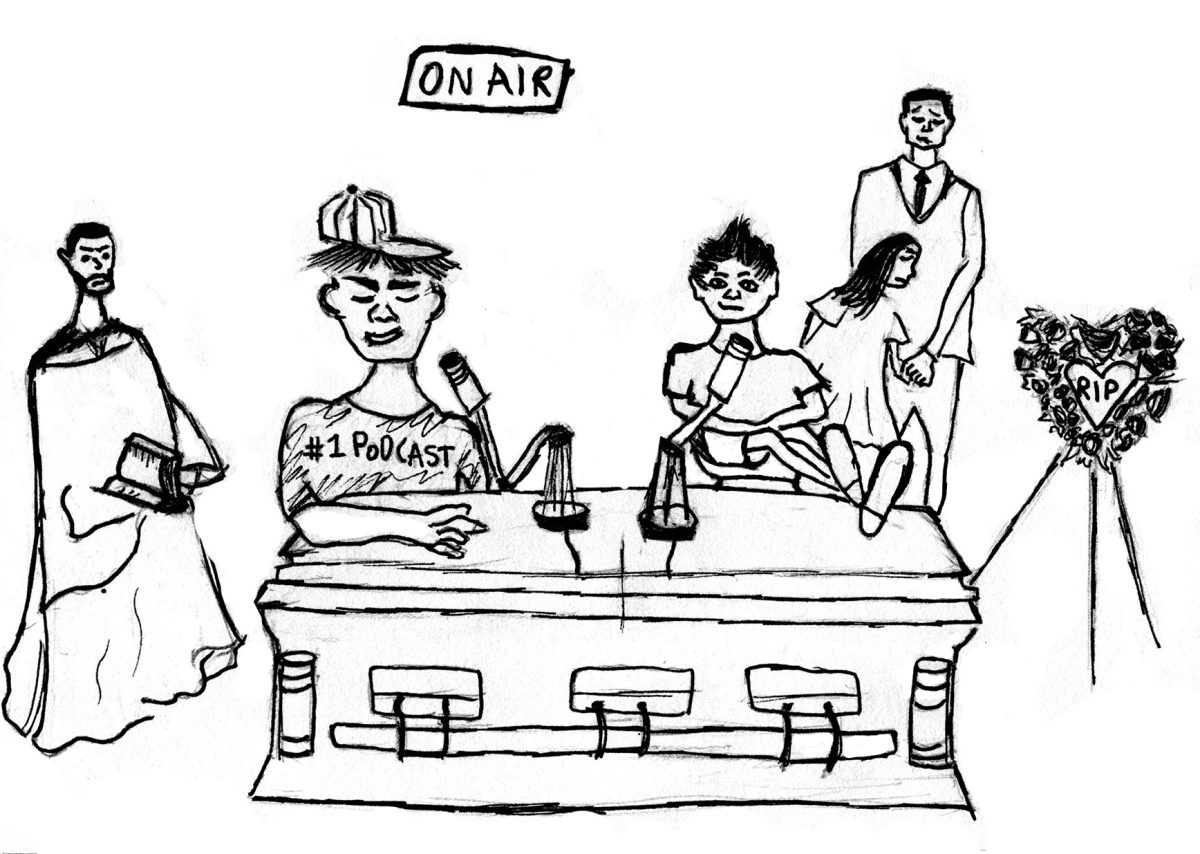


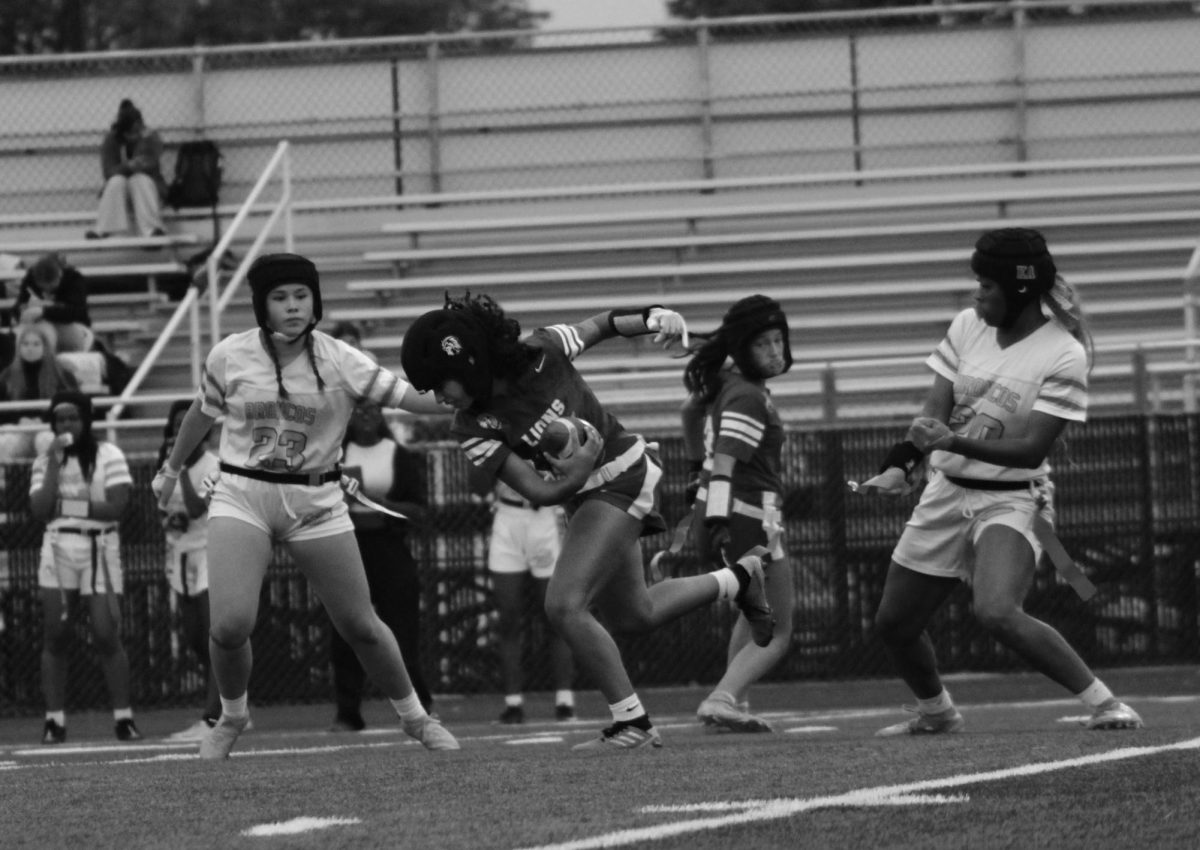

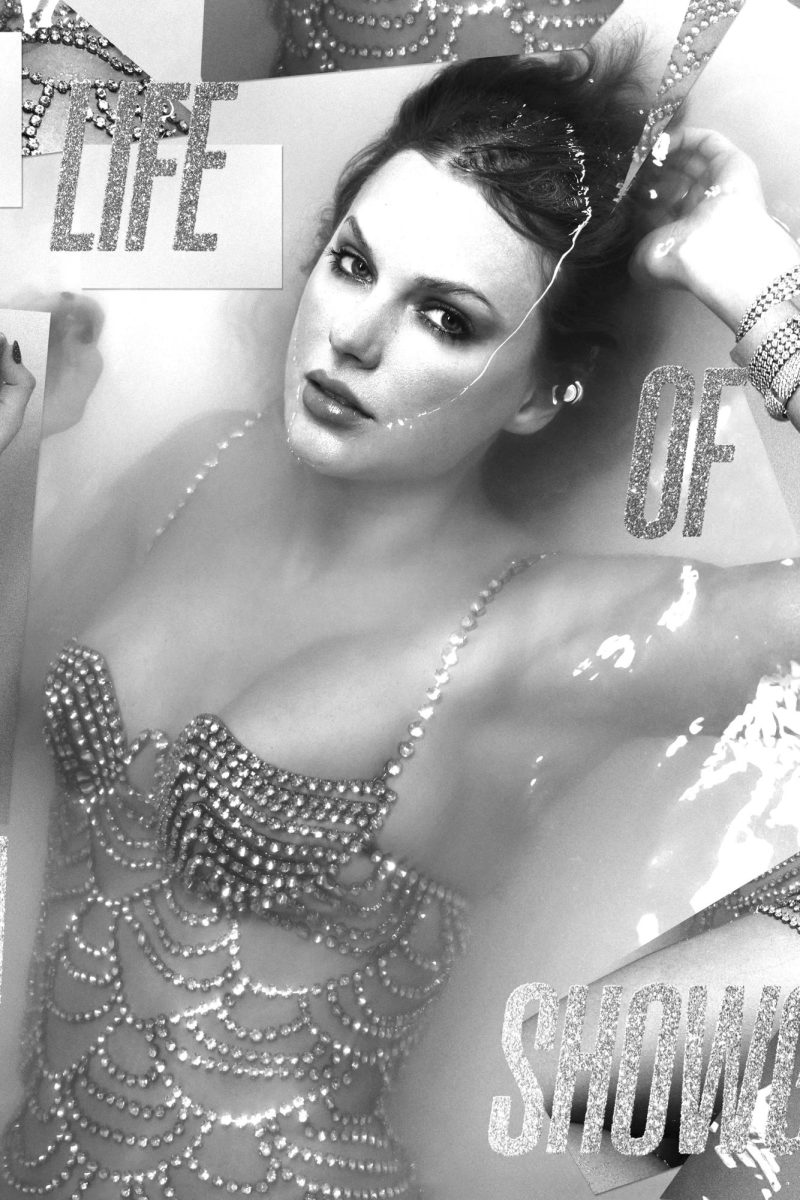
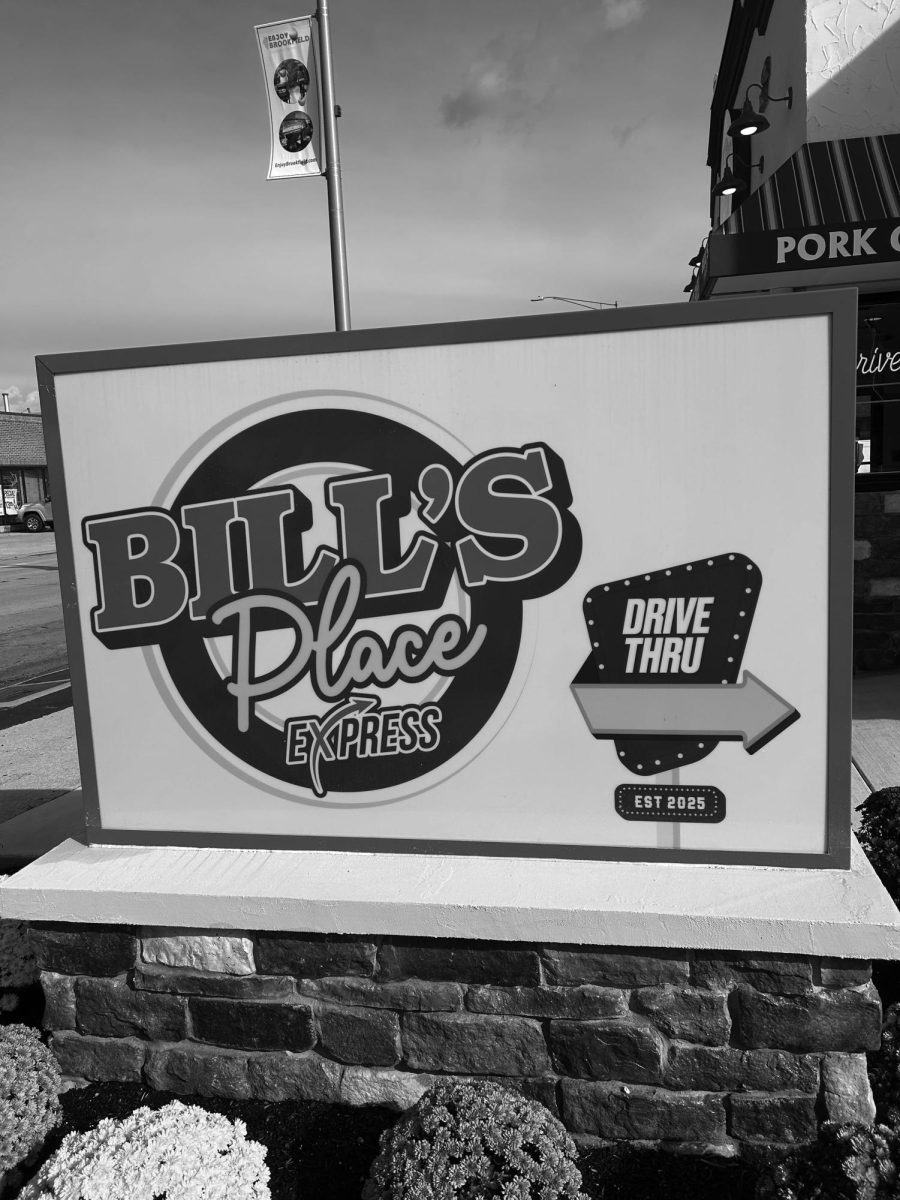






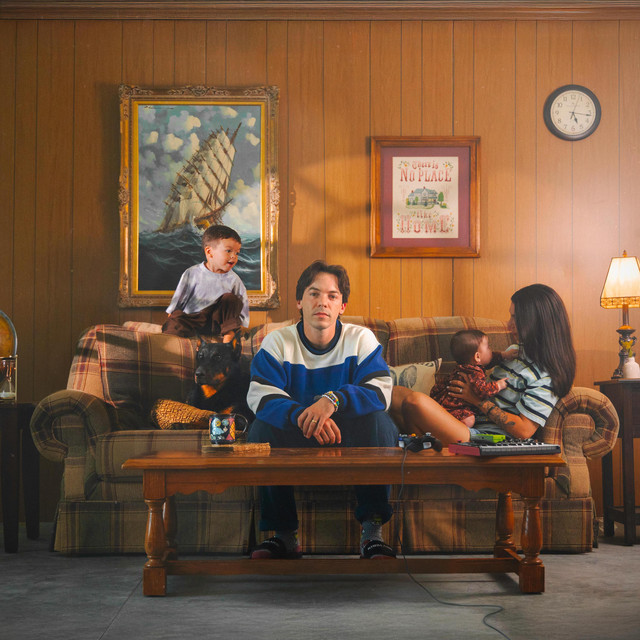

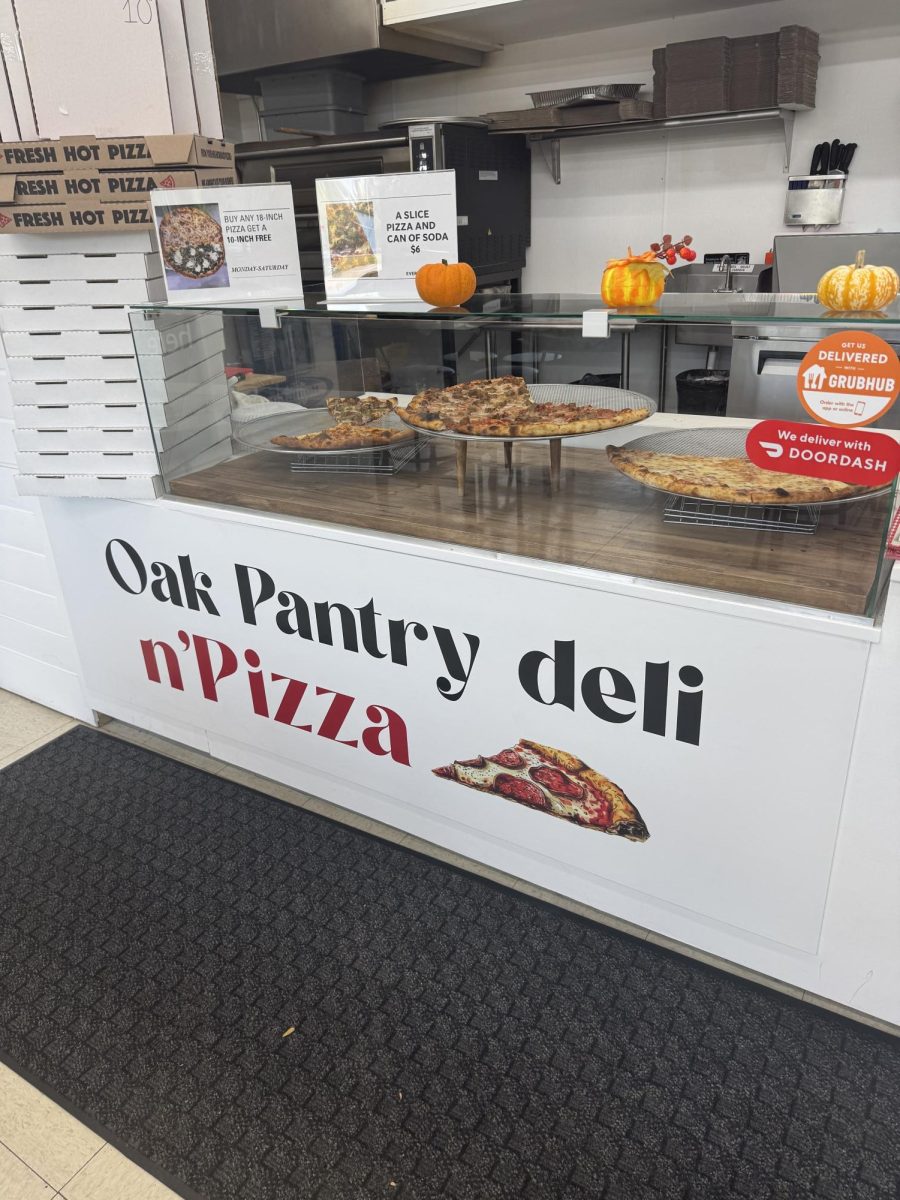


![Movie poster for '[Rec]" (2007).](https://www.lionnewspaper.com/wp-content/uploads/2023/04/rec-640x900.jpg)


